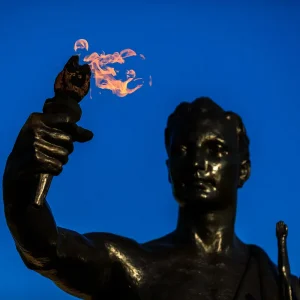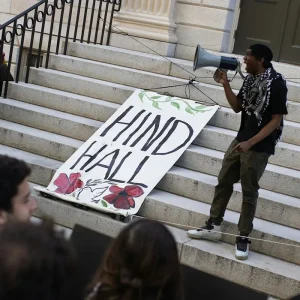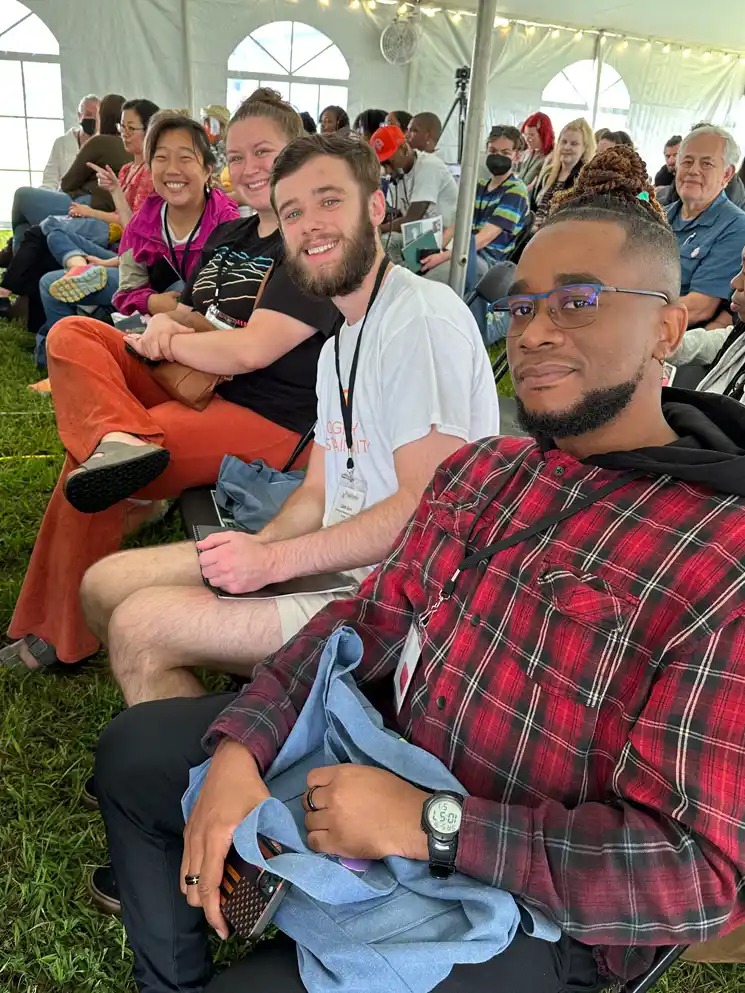
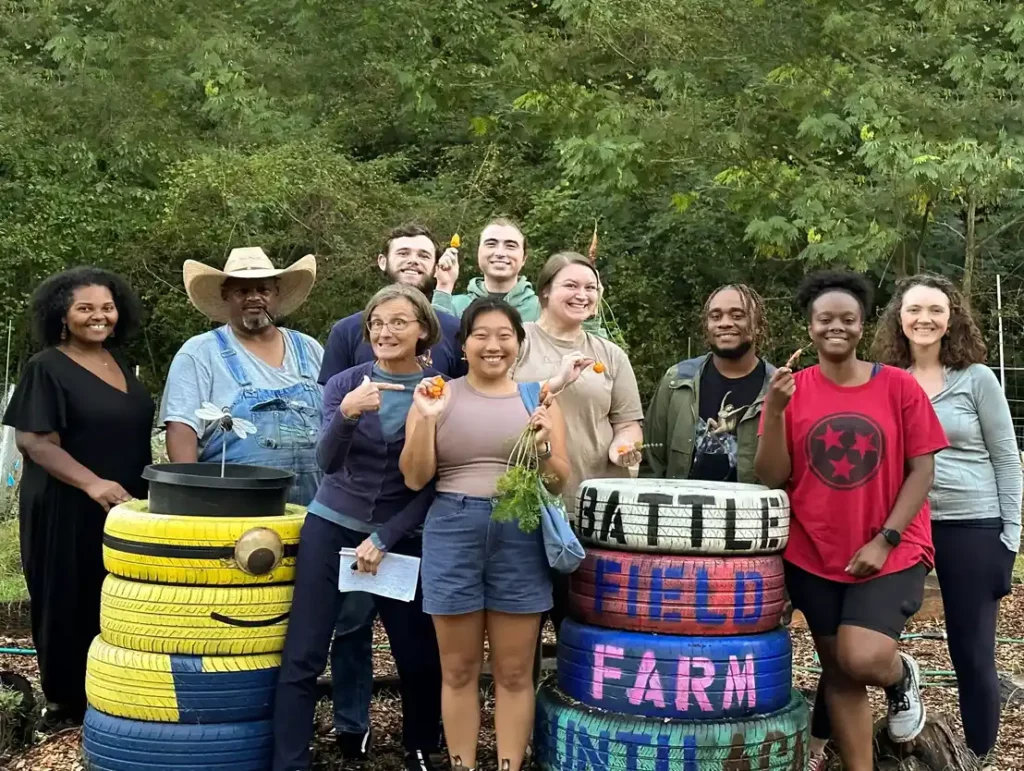
About Human Geography at UT
The Department of Geography and Sustainability conducts research in multiple areas of Human Geography: Transportation, Technology, and Society; Race/Ethnicity, Identity, and Social Justice; Cities, Urban Economies, and Trade; and Globalization, Regional Analysis and Synthesis.
Transportation, Technology, and Society
Transportation geography examines flows of people, goods, and information as well as their relationships with the urban, economic, social, political, and cultural aspects of human society. Without efficient transportation services, global economy would not have been possible, daily commuting would be difficult, and cultural and social interactions would be limited. Advancements of transportation, communications, and information technologies have played an important role in improving transportation efficiency and have been continuously reshaping human activity and interaction patterns. Although our physical world does not shrink, interactions among different places around the world have increased dramatically over the past century that significantly changed urban, economic, social, political, and cultural activities around the world. In the meantime, transportation also introduces new challenges to human society such as the traffic congestion, environmental impact, safety, security, and social equity issues. It therefore is an exciting time to study the interactions among Transportation, Technology, and Society.
Dr. Hyun Kim’s research suggests that failures of network components result in severe degradation of system functionality of transportation system and cause geographic impacts on the flows of people, goods, and information. In this context, Dr. Kim’s research interests center on transportation analysis and network design for transportation systems using spatial optimization. Specifically, his recent research focuses on the vulnerability of transportation networks to examine socioeconomic impacts of hub disruptions on public transits, aviation, and sea-ports systems. A significant portion of Kim’s research includes network design using spatial optimization. The main research themes include hub location problems focusing on protecting critical facilities of transportation systems and developing location models as a spatial decision-support system to improve network resilience to potential disruptions from natural disasters or intended malfunctions on transportation systems. His research also extends to the socioeconomic urban transportation issues associated with public health and crimes.
Dr. Bruce Ralston has conducted theoretical and applied transportation research throughout his career. His work has included transportation investment planning for the World Bank, multimodal logistics for the United States Agency for International Development and the World Food Program, and supply chain analysis for various private entities. He is the former North American editor of the Journal of Transport Geography, and is a past recipient of the Edward L Ullman Award for Outstanding Contributions to Transportation Geography.
Dr. Shih-Lung Shaw’s research in transportation covers urban transportation planning, air transportation, geographic information systems for transportation (GIS-T), time geography, and spatio-temporal analysis of human activity and interaction patterns. He published a book of Geographic Information Systems for Transportation: Principles and Applications (with Harvey Miller, Oxford University Press, 2001) that has been well received in the field of GIS for transportation. One focus of Dr. Shaw’s recent research extends the classical time geography to study human activities and interactions in a hybrid physical-virtual world enabled by modern information and communication technologies (ICT). Dr. Shaw and his research collaborators (including his students) have used various kinds of individual tracking data (e.g., cell phone, Facebook, Flickr, Microblog, travel-activity survey, migration history) to examine spatio-temporal dynamics of human activity and interaction patterns at both individual and aggregate levels as well as the complex relationships between physical and virtual activities. This research has led to the development of a space-time GIS for representation, analysis, and visualization of individual activities and interactions in a hybrid physical-virtual space. A space-time GIS visualization module for ArcGIS is available at Dr. Shaw’s NSF project website for free download. Dr. Shaw is a Fellow of the American Association for Advancement of Science (AAAS) and a recipient of the Edward L. Ullman Award for Outstanding Contributions to Transportation Geography.
Race/Ethnicity, Identity, and Social Justice
The formation of identity is complex, subject to multiple and sometimes conflicting social, economic and cultural processes. As Geraldine Pratt notes, debates about human identity are vast, but none-the-less lie at the heart of our understandings of contemporary society. As a consequence much of the modern research on identity and geography focuses on the way socio-spatial inequalities are inscribed into space and place. Building upon this research, several faculty in the Department of Geography at the University of Tennessee examine race/ethnicity, identity politics, and social justice from a variety of theoretical and methodological perspectives. We are united however, in focusing on the way identity is foundational to understanding the contemporary construction of space and place and its connection to broader questions about creation and representation of geographic inequalities and justice. Faculty within this core theme are affiliated with and collaborate with the university’s Center for the Study of Social Justice. This research core combines dynamic faculty who are active in attending and presenting research at professional meetings and who are actively publishing work in leading geography and other social science journals.
In the case of Dr. Derek Alderman, he is interested in historical and commemorative justice issues as they relate to the larger African-American struggle to claim a sense of place, history, and belonging within the American South. A significant portion of his research examines geographies of public memory, a theme that recognizes the socially constructed and contested nature of memorials, monuments, and museums as they are used to narrate the history of the Black experience, especially the Civil Rights Movement, slavery, and Jim Crow. Of intense interest to Alderman is the role of place naming, especially street naming, within heritage conflicts and the importance of place, scale, and spatial justice to the memorialization process. As of late, Alderman’s interests have expanded to focus on socially responsible approaches to heritage tourism marketing and development in the American South, the racial politics of southern hospitality, and evaluating the uneven treatment that African American history receives within place promotional materials and on tours at southern historic sites such as plantation museums. He is the founder and co-coordinator of the RESET (Race, Ethnicity, and Social Equity in Tourism) Project, an interdisciplinary and multi-university research and community engagement initiative.
Dr. Madhuri Sharma’s research focuses on empirically analyzing the spatial patterns and processes of racial/ethnic residential segregation and/or intermixing, poverty, inequality and access to and availability of economic opportunities. For the past few years, she has been examining the influence of contemporary housing market elements (such as builders/developers, bankers/lenders, realtors, and local communities) on consumers’ residential choice(s), and how might they impact their residential decisions that might create segregated spaces at inter-urban and intra-urban spaces. Her ongoing projects on Columbus, Ohio, Milwaukee, Wisconsin, and Knoxville, Tennessee particularly focus on residential outcomes of housing mortgage differentiation. She plans to expand her academic work on aspects of racial/ethnic differentiation, racial/ethnic identity/representation and social (in)justice by addressing issues of housing disparity and mortgage lending practices in the American South and other regions of USA. Madhuri continues to emphasize on the use of mixed method approaches in her empirical analyses of intra-urban space(s) to provide a holistic understanding of not only the patterns, but also the underlying processes. She uses GIS, statistical methods and tools, and qualitative methods such as protocol driven interviews, surveys, participatory urban appraisal techniques, and community mapping techniques to research on the underlying problems.
Cities, Urban Economies, and Trade
Cities and wider urban regions have long been centers of culture, economic growth, human capital, innovation, policy, trade, and transportation. These regions are often very complex, changing constantly with continual inflows and outflows of products, services, information, workers, and migrants at the regional, national, and global scales. In addition to the myriad benefits derived from cities, they also provide a number of challenges that can include congestion, environmental issues, and inequality.
Our department examines urban dynamics from a number of angles across numerous worldwide locations and in various settings, by using a wide range of methodological approaches. We also explore the dynamics that enable some urban regions to flourish, while others decline. Below is a brief sample of our faculty’s research interests:
Dr. Ron Foresta examines urban morphogenesis, that is, how cities grow and change in structure. He is also interested in the livable-city movement and the kinds of urban places it has produced. Dr. Ron Kalafsky’s research explores the performance, strategies, and location-based challenges of manufacturers and exporters located in cities. Dr. Hyun Kim’s research includes urban crime modeling and analysis, and the geography of public health using geospatial technologies. Dr. Nicholas Nagle examines the availability and reliability of data from the US Census Bureau, is developing methods to identify land cover change, and is working on a number of projects related to population and health. Dr. Madhuri Sharma’s research analyses master plan residential communities, commercial enclaves, and network of transportation infrastructure. Dr. Shih-Lung Shaw’s research covers urban transportation and changing human activity patterns in urban settings due to modern information and communication (ICT) technologies.
Globalization, Regional Analysis, and Synthesis
Globalization is affecting different regions of the world at different scales and to varying degrees. Dr. Madhuri Sharma’s research addresses effects of globalization within South Asian context. South Asia in general and particularly India too has been an active participant in a globalized economy. As such, the fast growing Indian population has seen drastic changes in its overall production and consumption capacities. The recent approval of FDI in food retail industry in India has been critiqued by various stakeholders in India from different angles. Madhuri’s ongoing conceptualization of exploring and understanding the consequences of entry of FDI in food retailing industry in India plans on understanding the degree of socio-economic change(s) occurring in the lifestyles of producers and the middlemen as their livelihoods are being continuously threatened and challenged by big retailers. Her research will also help understand the degree to which these new processes create social and economic exclusion, not only for those engaged as producers, but also the consumers. In the long term, this project will estimate the degree to which large retailers foster dividing practices, separating the middle class consumers from their fuller participation in the new economy, and how it creates spaces of differentiation and exploitation at a regional and global scale, mimicking the pathways of Core-Periphery phenomenon. Madhuri’s ongoing projects include examining the role of informal economy in changing residential and commercial land use patterns, labor segmentation within globalization and informalization of economy in South Asia, particularly in the metropolitan areas of India such as Delhi, Bangalore, and Hyderabad. Dr. Ron Foresta teaches the department’s course on the global economy. A student of the global conservation movement, he has examined national-international conservation collaboration in the United States, Canada, and South America.
AVAILABLE PROGRAMS
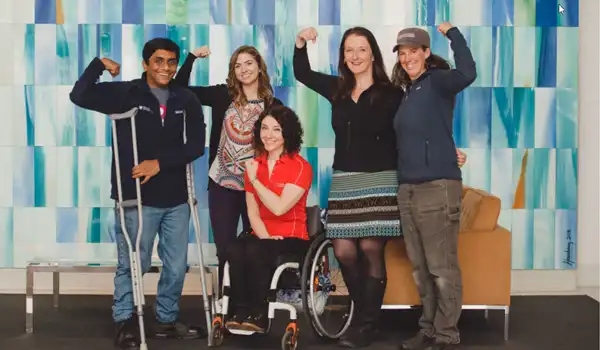
Geography Major, BA – Space, Society, and Culture Concentration
Courses in the Space, Society and Culture concentration study how people, groups and communities create distinctive landscapes, how they claim, occupy, and even struggle over places, and how they identify with places and animate our surroundings with meaning. Students learn to critically examine their own culture and others’ ways of life, thereby gaining a greater understanding of themselves and the world at large. Skills developed in this concentration can be applied to employment in education, government and international organizations, urban planning, non-profit organizations, travel and tourism, businesses, international trade, and other fields.
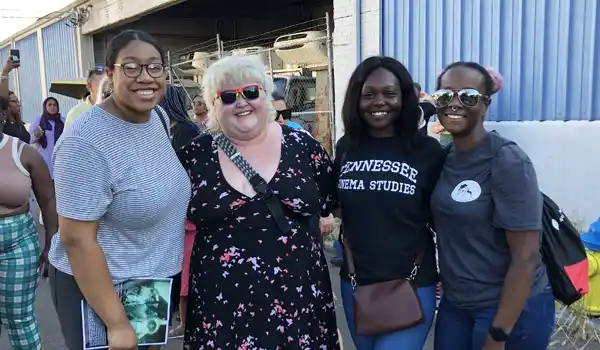
Geography Major, BA – Urban Studies Concentration
Students will learn about the major topics, issues, and problems currently confronting cities in different parts of the world. They will be asked to analyze and study these topics and issues and to think about their different effects on local and global communities. Students will also be able to draw from their major to apply their knowledge and experience to urban issues and topics. They will be expected to analyze information, apply it to different urban contexts and to critically think about possible solutions, other approaches and/or alternative frameworks or theories.
Urban Studies Minor
Students will learn about the major topics, issues, and problems currently confronting cities in different parts of the world. They will be asked to analyze and study these topics and issues and to think about their different effects on local and global communities. Students will also be able to draw from their major to apply their knowledge and experience to urban issues and topics. They will be expected to analyze information, apply it to different urban contexts and to critically think about possible solutions, other approaches and/or alternative frameworks or theories.
“The effects of urban renewal are still felt today. People who lived through these policies still remember and share their experiences. Living memory allows us to understand the present landscape of our city today.”
Human Geography Faculty
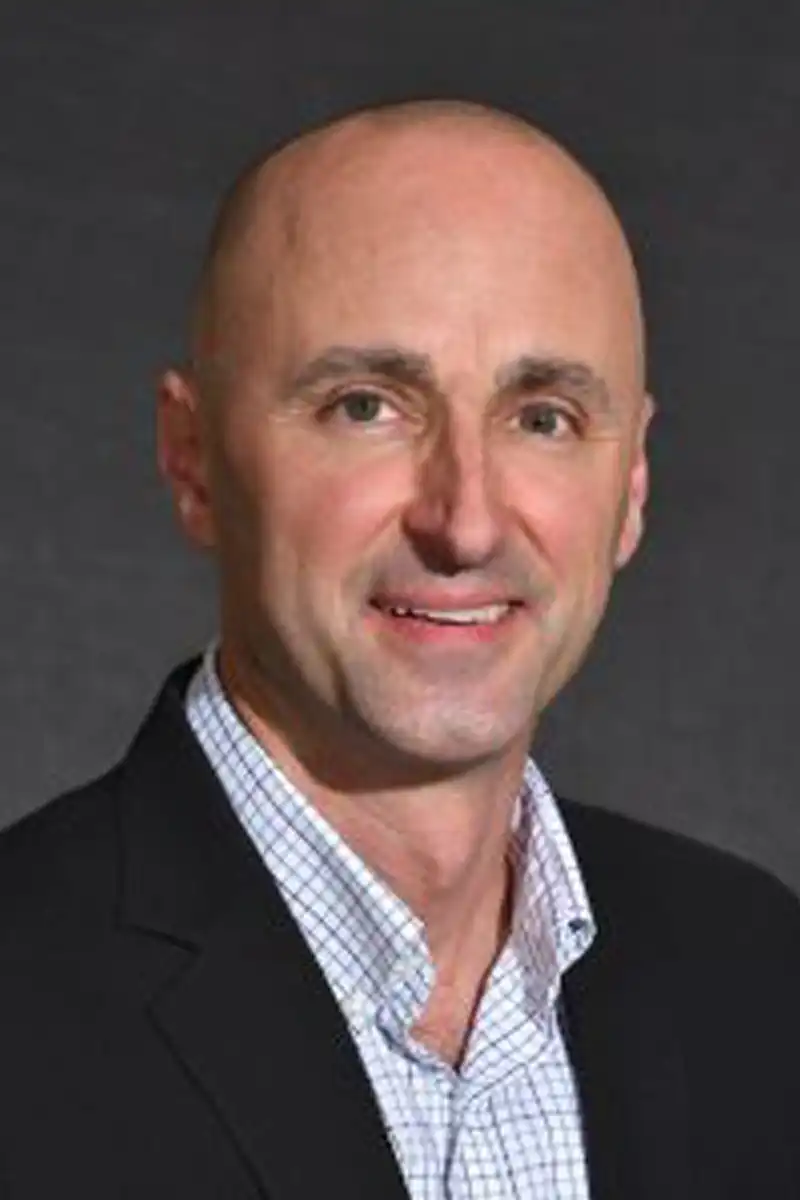
Ron Kalafsky
Professor and Department Head
Specialties: Economic and urban geography; international trade; manufacturing; economic development; and geography education
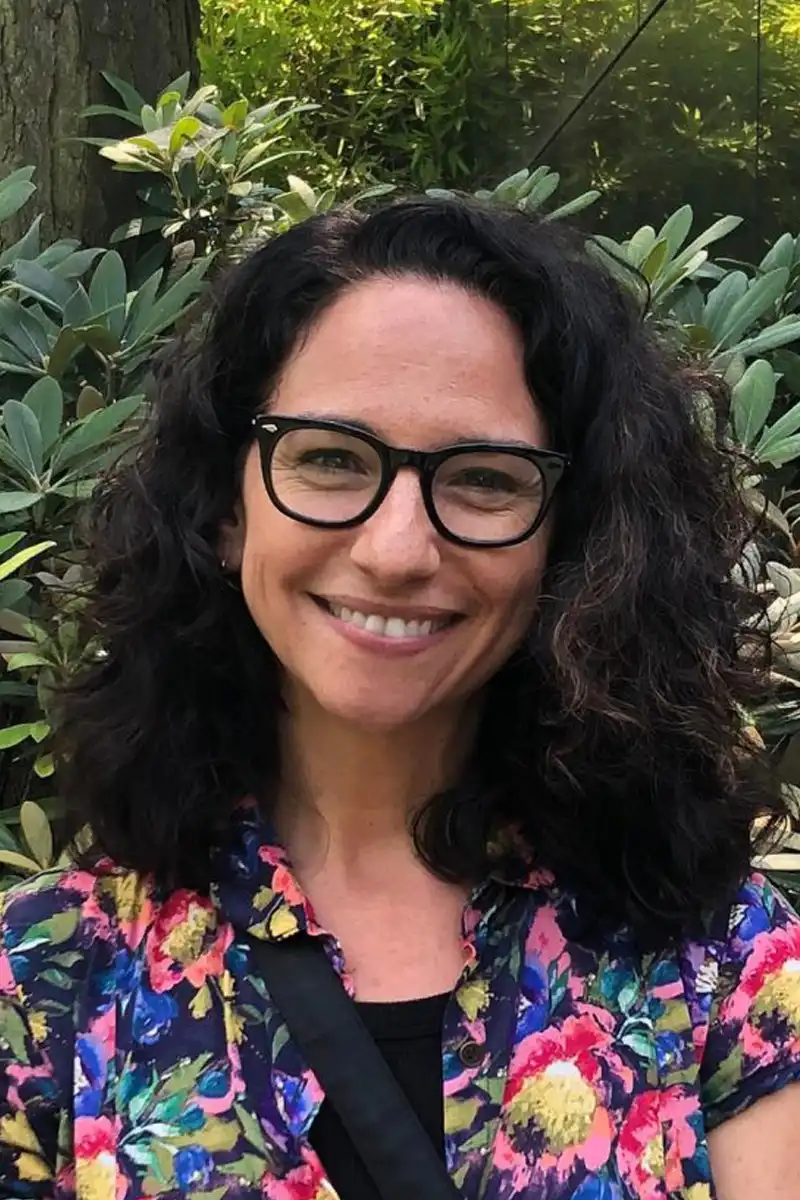
Solange Muñoz
Associate Professor and Director of Undergraduate Studies
Specialties: Urban and Cultural Geography, Latin America, Feminist Geography, Housing & Home, Critical Race Theory, Immigration
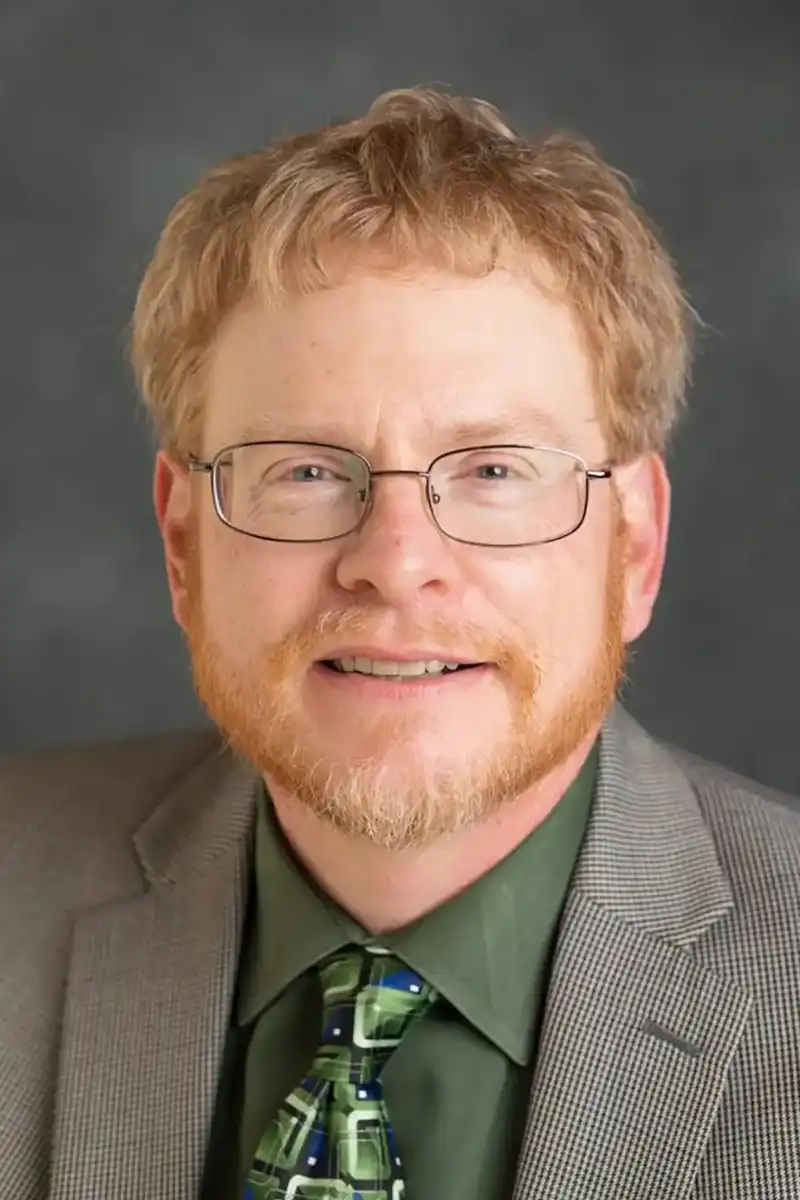
Derek Alderman
Chancellor’s Professor and Immediate Past President, Faculty Senate
Specialties: Cultural and historical geography; geographies of memory, race, tourism; politics of place naming and critical cartography
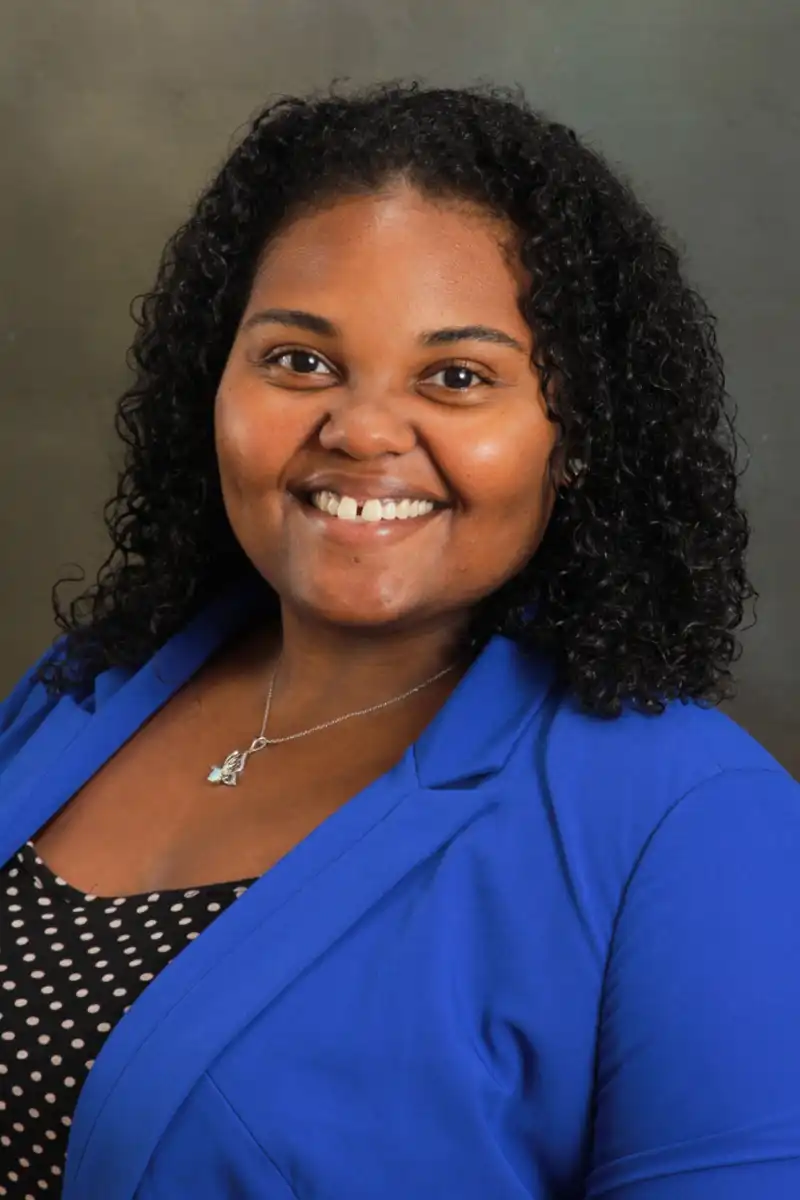
LaToya Eaves
Associate Professor and Interim Director of Graduate Studies
Specialties: Black Geographies; Feminist Geographies; American South; Critical Geographies; Black Feminism; Sexuality Studies; Qualitative Methods
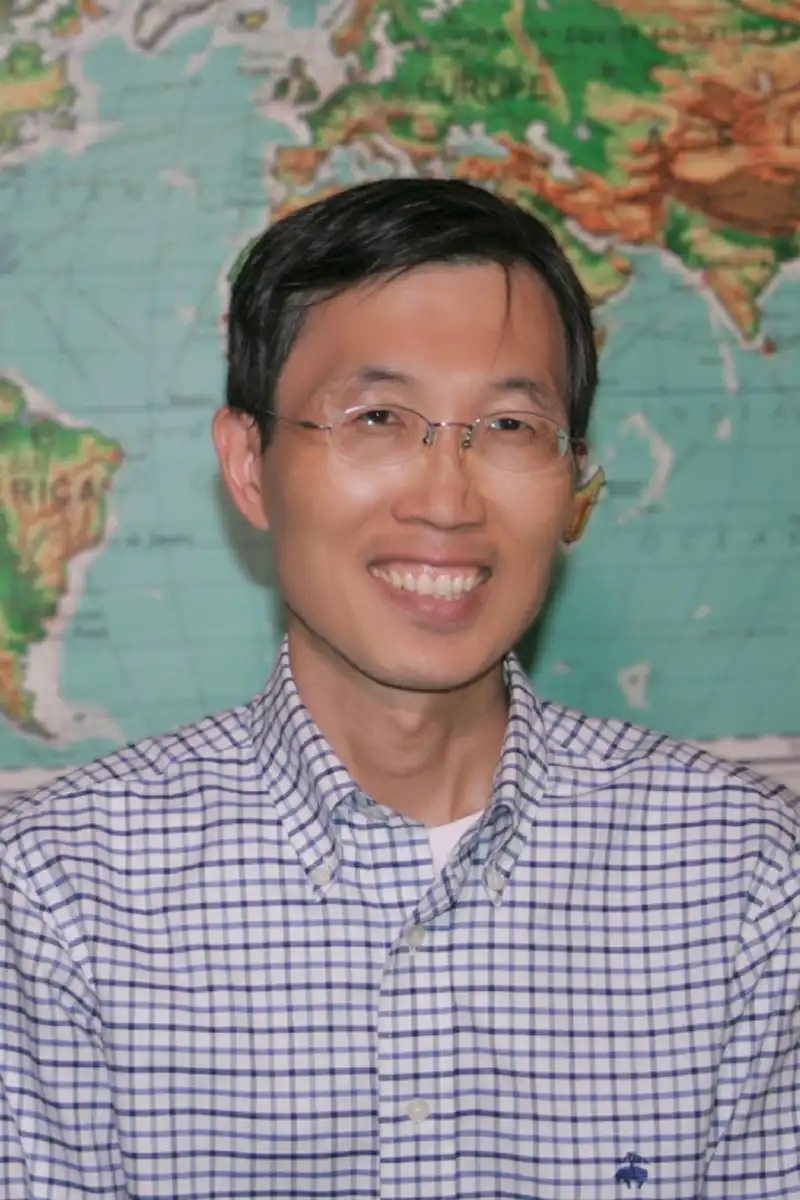
Hyun Kim
Professor and Associate Head
Specialties: Transportation, Telecommunications, GIS, Spatial Data Science, Spatial Optimization and Modeling

Nikki Luke
Assistant Professor
Specialties: Urban political ecology, energy, labor, race, gender, social reproduction, environmental and energy justice, urbanization.

Nicholas Nagle
Professor, Program Director of the NSF Human Networks and Data Science Program. On leave until August 2026
Specialties: Spatial statistics, spatial data science and demography.
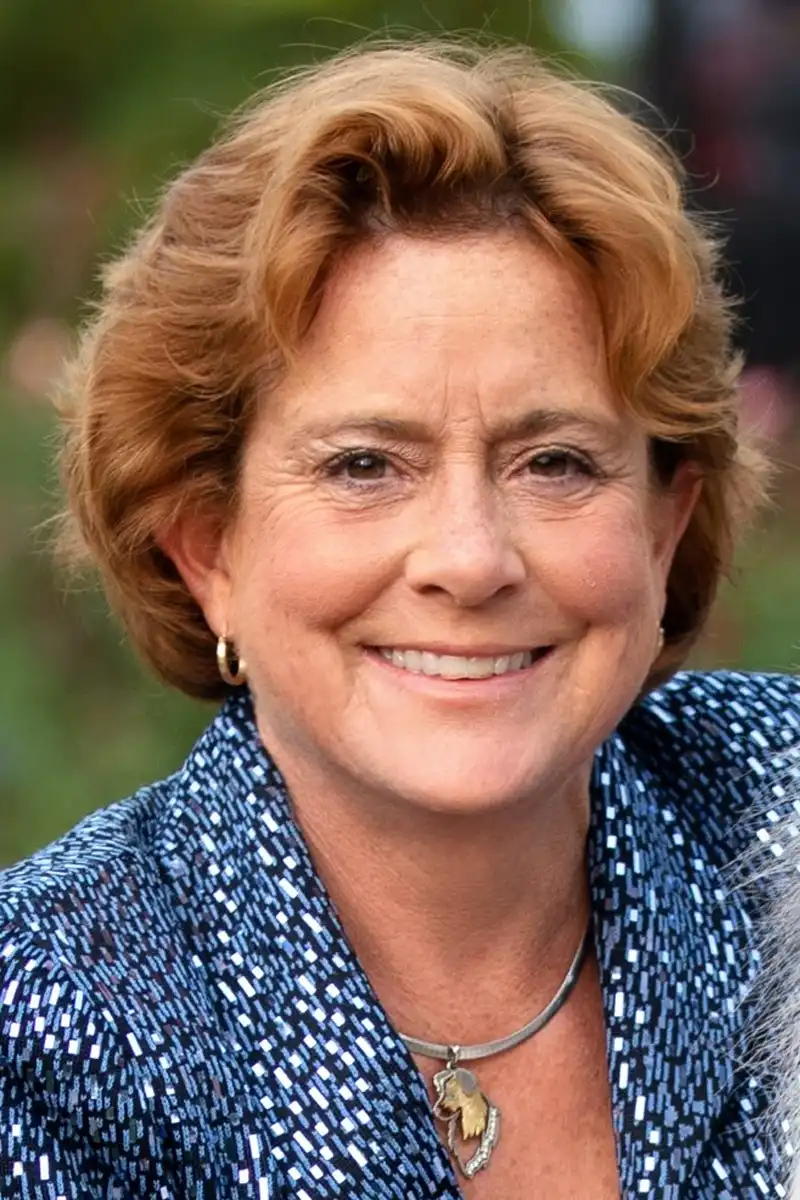
Tracey Norrell
Teaching Full Professor
Specialties: Geopolitics, Historical, Political and Military Geography, Human Rights.
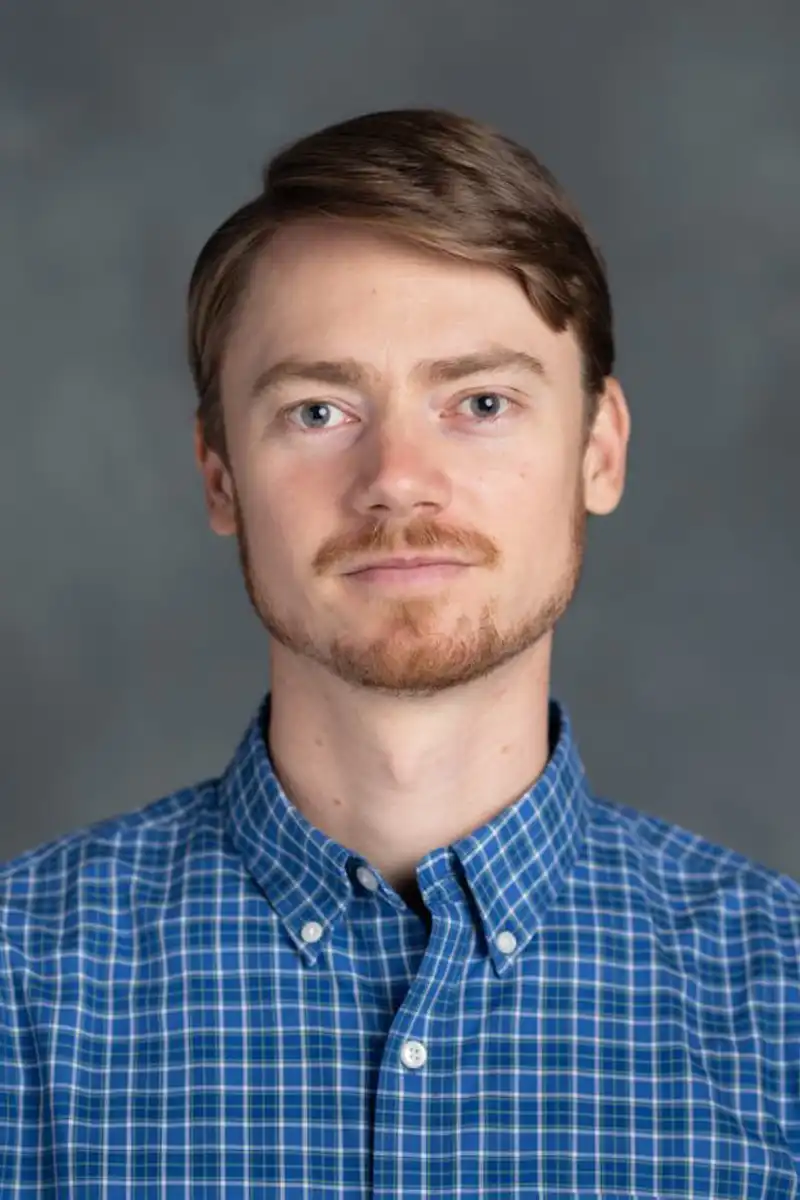
Gabe Schwartzman
Assistant Professor
Specialties: Climate politics, energy geographies, development studies, critical agrarian studies, political ecology, conjunctural analysis, environmental justice
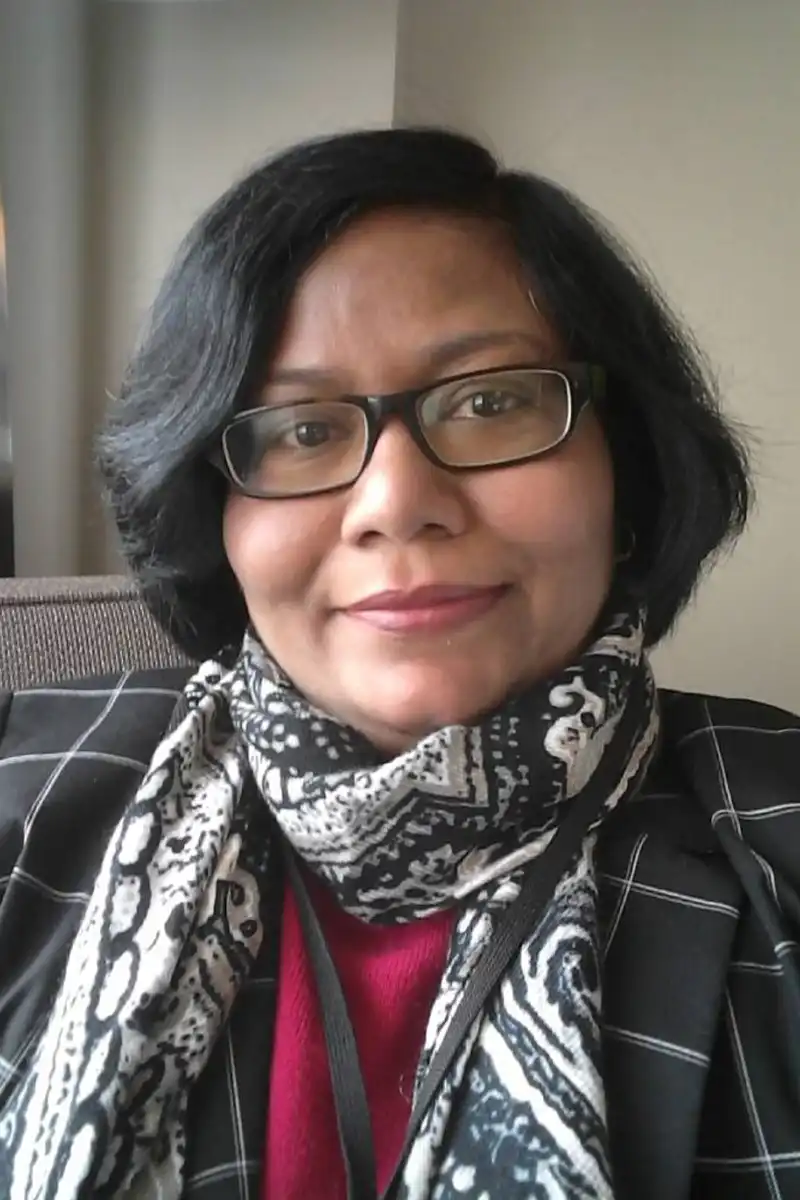
Madhuri Sharma
Professor
Specialties: Racial/ethnic diversity, segregation, and contemporary housing market; Gender and Racial/ethnic economy and disparity; Gentrification, new urbanism and placemaking; Income divide, poverty, and geography of development; Informal economy and the geographies
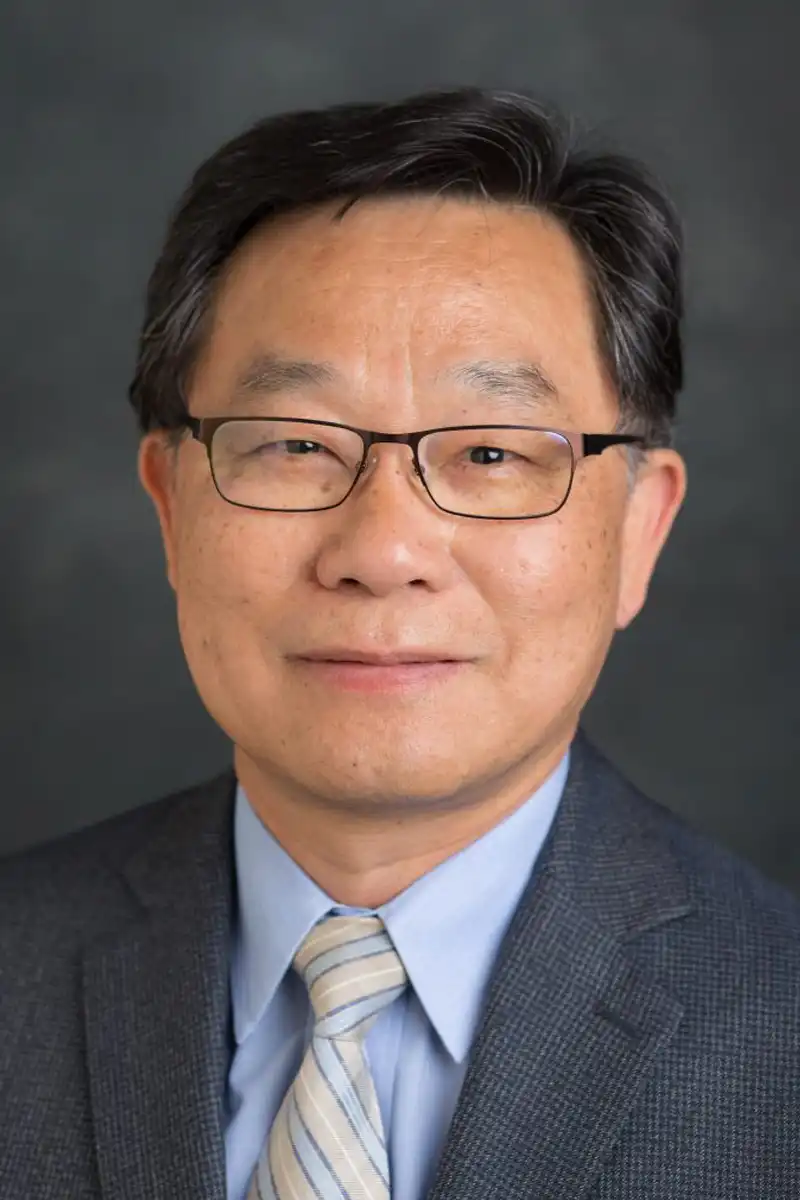
Shih-Lung Shaw
Chancellor’s Professor
Specialties: Transportation, geographic information science, space-time analytics, human dynamics, spatial data science.
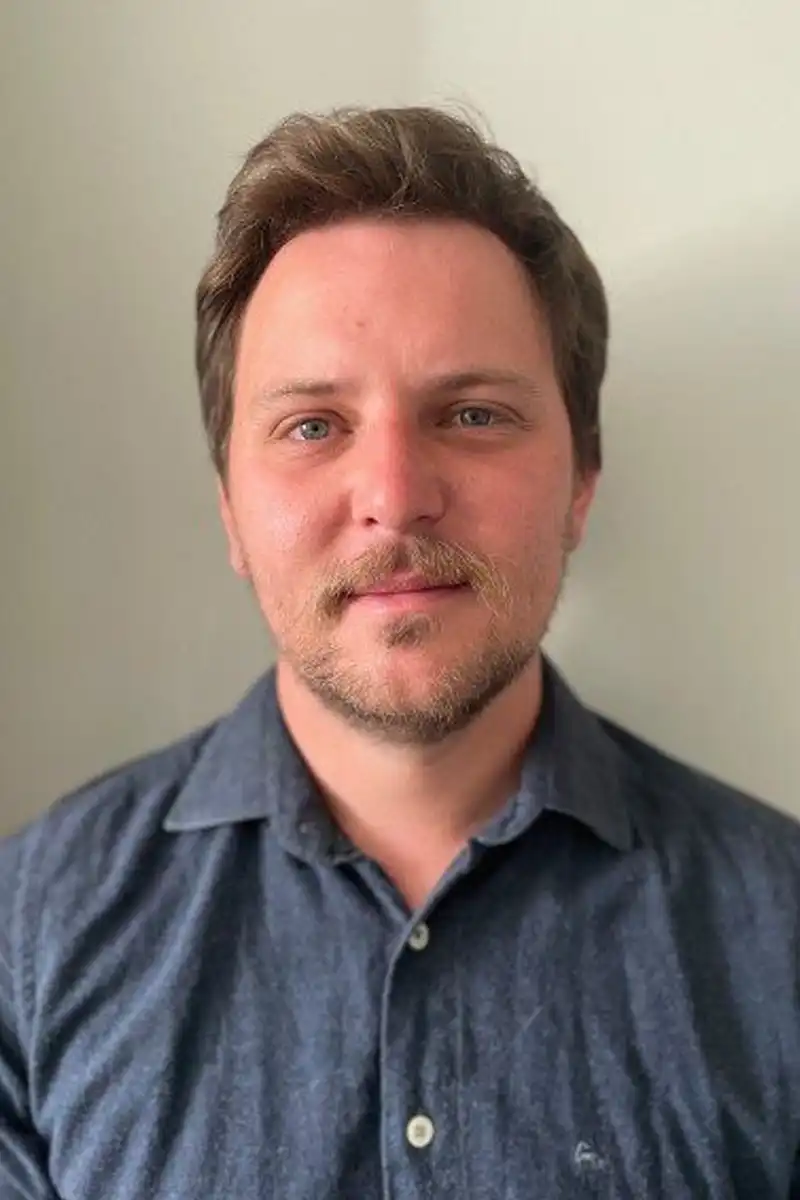
Jacob Watkins
Senior Lecturer
Specialties: Migration, conflict, geopolitics, East Asia, and the Middle East.
Publication Board
Applied Geography
Sharma, M. 2013. A geographic perspective on intra-urban racial/ethnic diversity, segregation, and clustering in Knoxville, Tennessee: 1990–2000. Applied Geography 32, 310–323.
Urban Geography
Sharma, M., Brown, L.A., 2012. Racial/Ethnic Intermixing in Intra-Urban Space and Socio-Economic Context: Columbus Ohio and Milwaukee Wisconsin. Urban Geography 33(3), 317-347.
Annals of the Association of American Geographers
Inwood, J., 2012.Righting Unrightable Wrongs: Legacies of Racial Violence and the Greensboro Truth and Reconciliation Commission. Annals of the Association of American Geographers. 102 (6) 1450-1467.
GeoJournal
Kalafsky, R.V., 2011. Maintaining domestic production through exports: the case of Japan’s metal forming machinery sector. GeoJournal 76, 577-587.
European Journal of Migration and Law
van Riemsdijk, M., 2013. Obstacles to the free movement of professionals: Mutual recognition of professional qualifications in the European Union. European Journal of Migration and Law 15 (1), 47-68.
Journal of Ethnic and Migration Studies
van Riemsdijk, M., 2013. Everyday geopolitics and the valuation of labour: international migration and socio-political hierarchies of skill. Journal of Ethnic and Migration Studies 39 (3), 373-390.
The Land Between the Lakes: A Geography of the Forgotten Future
Foresta, R., 2013. The Land Between the Lakes: A Geography of the Forgotten Future. University of Tennessee Press.
News in Human Geography
- The Conversation: ‘Trump moves to gut low-income energy assistance as summer heat descends and electricity prices rise’
- Derek Alderman in ‘The Conversation’: Offensive names dot the American street map − a new app provides a way to track them
- Derek Alderman in ‘The Conversation’: “The renaming of universities and campus buildings reflects changing attitudes and values”

